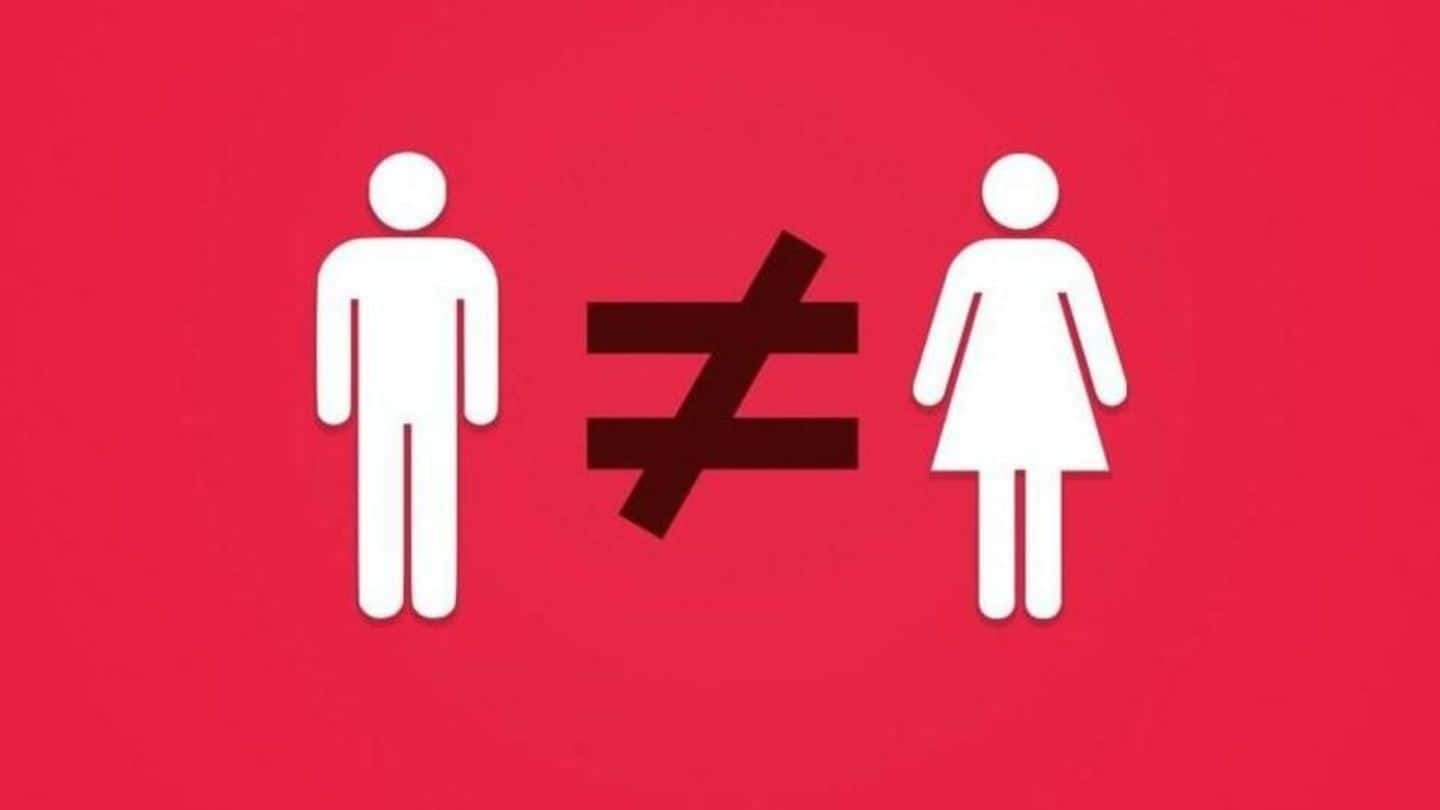
Google vs. 60 female ex/present employees: Accusation? Sexism, pay gap
What's the story
Oh, the irony of the entire situation! Days after Google tried to emerge as the champion of gender equality in the tech world, 60 current and former female employees of Google are mulling on bringing a class-action lawsuit against the firm. Sexism and pay disparities against women are the key allegations that have been brought against the tech giant. Here's more about it
Accusation
Same qualifications, less pay
James Finberg, the civil rights attorney, who is handling the legal discourse in this matter said that the female employees are of the opinion that they have been paid less than their male counterparts despite having equal qualifications and holding similar positions in the firm. Allegedly, Google has a "culture that is hostile to women," making it impossible for them to advance their careers.
DoL
Building up on a prior accusation
This class-action gender discrimination lawsuit is being built on the premise of a case initiated by the US Department of Labor (DoL), which accuses Google of systematically underpaying its female staff. A judge, convinced by the DoL's argument, has asked for a portion of Google's salary records. Google has repeatedly stated that its salaries were not discriminatory.
Bias
The allegations show a different picture
However, Finberg said, the testimonies of half of the 60 women clearly show that disparities and prejudices are there and Google is indeed biased towards its female employees. Finberg said, "They are concerned that women are channeled to levels and positions that pay less than men with similar education and experience." Women were given lesser salaries, bonuses and stock options than their male counterparts.
Discrimination
The scenario at hand
A dozen of women, who are part of the potential lawsuit, had left Google due to discrimination. One of them, an ex-Google senior manager, informed Guardian that several men earned tens of thousands of dollars more than her, despite being on the same level. One made two-thirds of her male peer's salary, while several said they make about $40,000 less than their male colleagues.
Boys' club
A dismal state of affairs
A woman, who left the tech firm after working for two years as a user experience designer, said, "I felt like I wasn't playing the game in the 'boys' club' environment…I was watching male co-workers progress at a faster rate than myself. It was really disturbing." Finberg said that the firm's initial diversity, instead of getting bridged, turned larger every year.